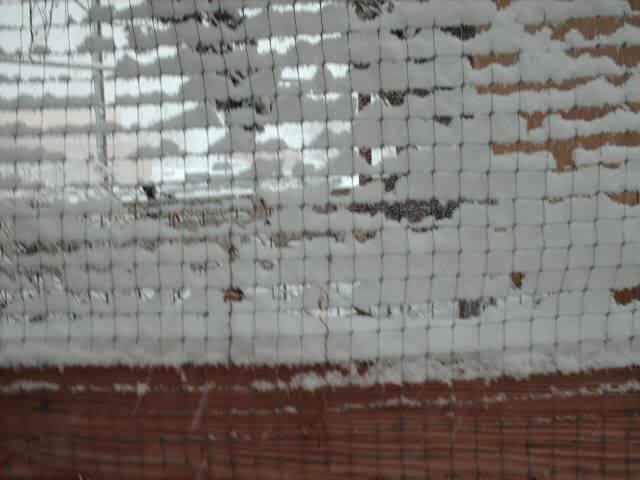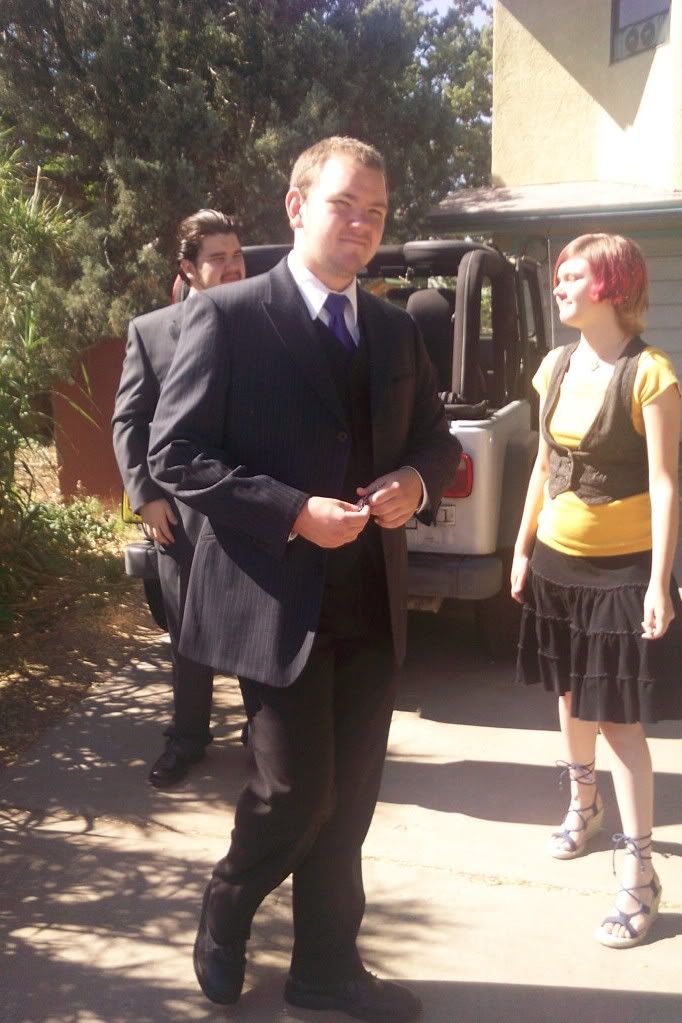
We can mess them up early (which our culture applauds) or we can learn to let them grow whole and healthy and strong and free, not crippled in mind and spirit.
photo by Sandra Dodd
__

We can mess them up early (which our culture applauds) or we can learn to let them grow whole and healthy and strong and free, not crippled in mind and spirit.



| A baby doesn't want to look at and touch the very same things day after day after day any more than you would want to watch the same movie every day for a year, or sit in the same place in your house all the time. Sing different songs with him. Play different finger games. Change what he can see in the bedroom sometimes. |  |


